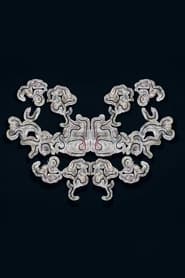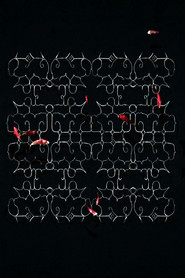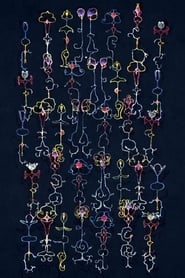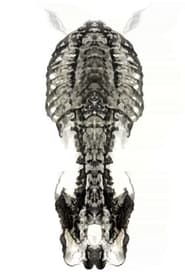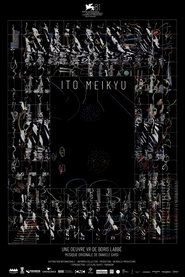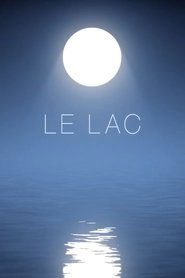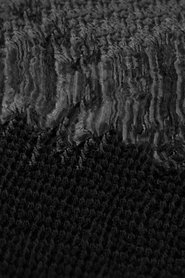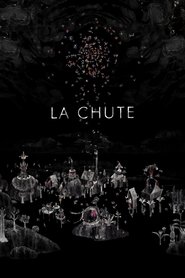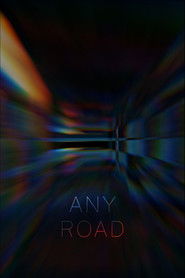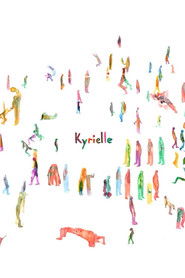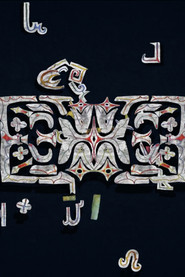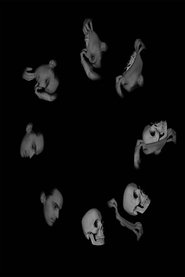Based on his drawing activity, Boris Labbé's work is characterized by hybridization, combining the use of digital moving image techniques with those specific to animated film. This approach, somewhere between tradition and innovation, forms an original and vibrant language, prone to improvisation and the calculation of probabilities, questioning the problems of representation, the relationship between painting and cinema, between music and dance, between the body and animals, plants and minerals.
His videos tend to break out of the spatio-temporal framework imposed by classical cinema; governed by the notion of expanded cinema, his works are not only destined for projection in the movie theater, but also tend towards other forms, notably installations. Boris Labbé creates a cinema without direct shooting, without actors, without characters, without dialogue, and whose narration, often dilated, remains open to the spectator’s interpretation. This apparent minimalism paves the way to maximums, with each project seeking its culmination until a certain form of depletion of the cinematic means deployed.
Boris Labbé’s work forms a cinema of multiplicity. Repetition, re-presentation, collages, patterns, metamorphoses, perpetual movement, as well as constant citations of art history, literature and philosophy, have all become essential resources of his audiovisual language.
His videos tend to break out of the spatio-temporal framework imposed by classical cinema; governed by the notion of expanded cinema, his works are not only destined for projection in the movie theater, but also tend towards other forms, notably installations. Boris Labbé creates a cinema without direct shooting, without actors, without characters, without dialogue, and whose narration, often dilated, remains open to the spectator’s interpretation. This apparent minimalism paves the way to maximums, with each project seeking its culmination until a certain form of depletion of the cinematic means deployed.
Boris Labbé’s work forms a cinema of multiplicity. Repetition, re-presentation, collages, patterns, metamorphoses, perpetual movement, as well as constant citations of art history, literature and philosophy, have all become essential resources of his audiovisual language.
Show more expand_more
keyboard_double_arrow_down


